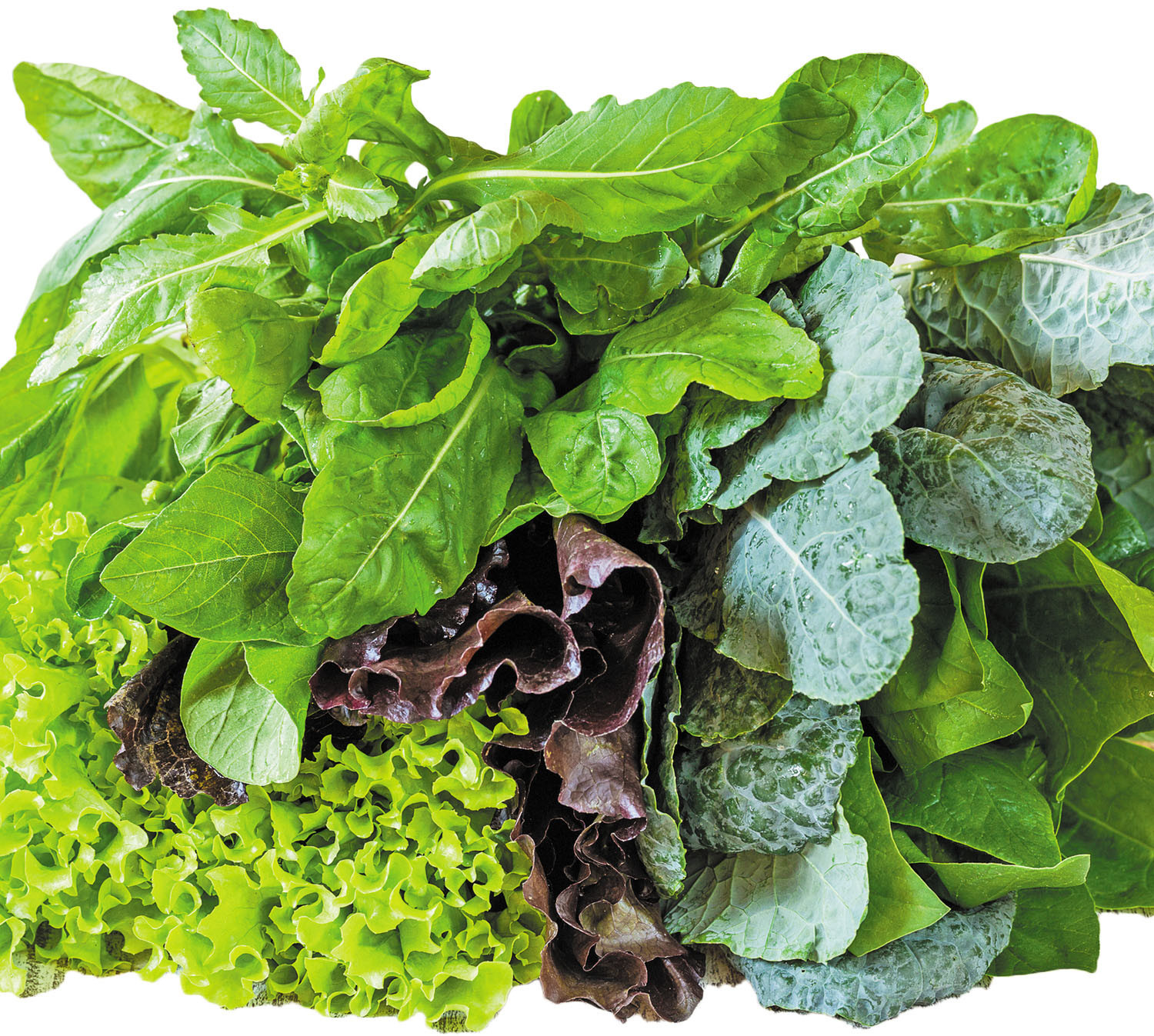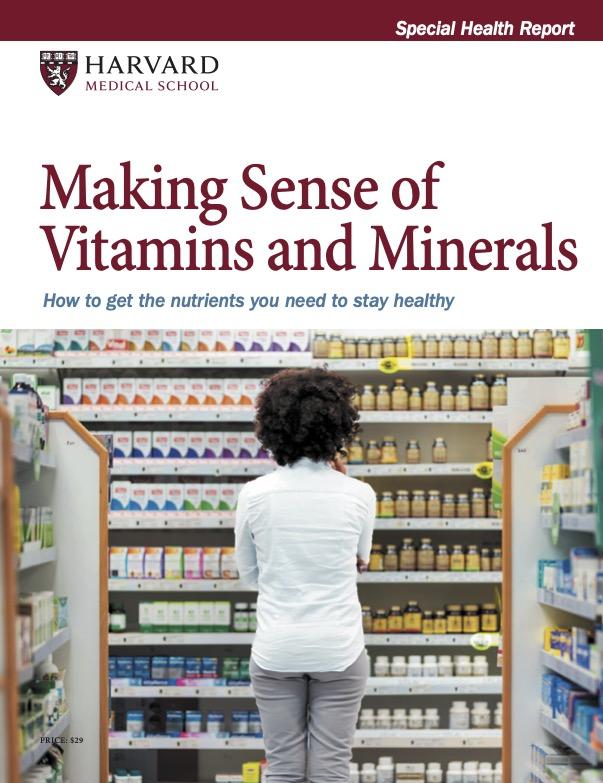Diets rich in vitamin K linked to lower heart disease risk
Research we're watching

Foods containing vitamin K may help protect against cardiovascular disease, a new study suggests.
The findings come from dietary data from more than 53,000 Danish adults. Researchers focused on vitamin K, which comes in two forms: vitamin K1 (found mainly in green leafy vegetables and vegetable oils), and K2 (found in meat, eggs, and fermented foods such as cheese). For an average of 21 years, they tracked hospitalizations for heart disease, stroke, and peripheral artery disease (clogged arteries in the legs).
People with the highest vitamin K1 intakes were 21% less likely to be hospitalized with cardiovascular disease caused by clogged arteries compared with people who had the lowest intakes. The risk with vitamin K2 was 14% lower; however, this finding remains more tentative, given that vitamin K2 comes in many different forms that act differently within the body.
Exactly how vitamin K might protect arteries isn’t clear, but it appears to help inhibit inflammation and calcium buildup, according to the authors. The study was published Aug. 17, 2021, in the Journal of the American Heart Association.
Image: © rostovtsevayulia/Getty ImagesAbout the Author

Julie Corliss, Executive Editor, Harvard Heart Letter
Disclaimer:
As a service to our readers, Harvard Health Publishing provides access to our library of archived content. Please note the date of last review or update on all articles.
No content on this site, regardless of date, should ever be used as a substitute for direct medical advice from your doctor or other qualified clinician.













